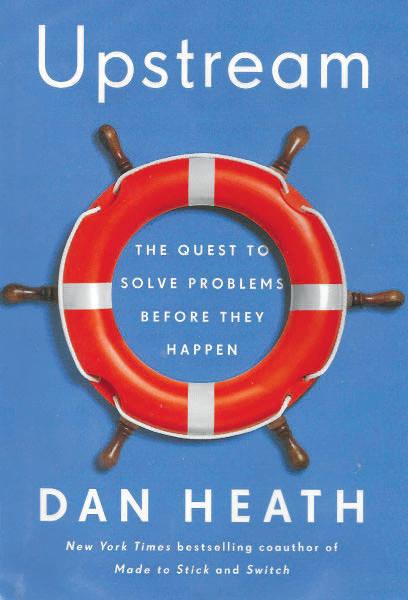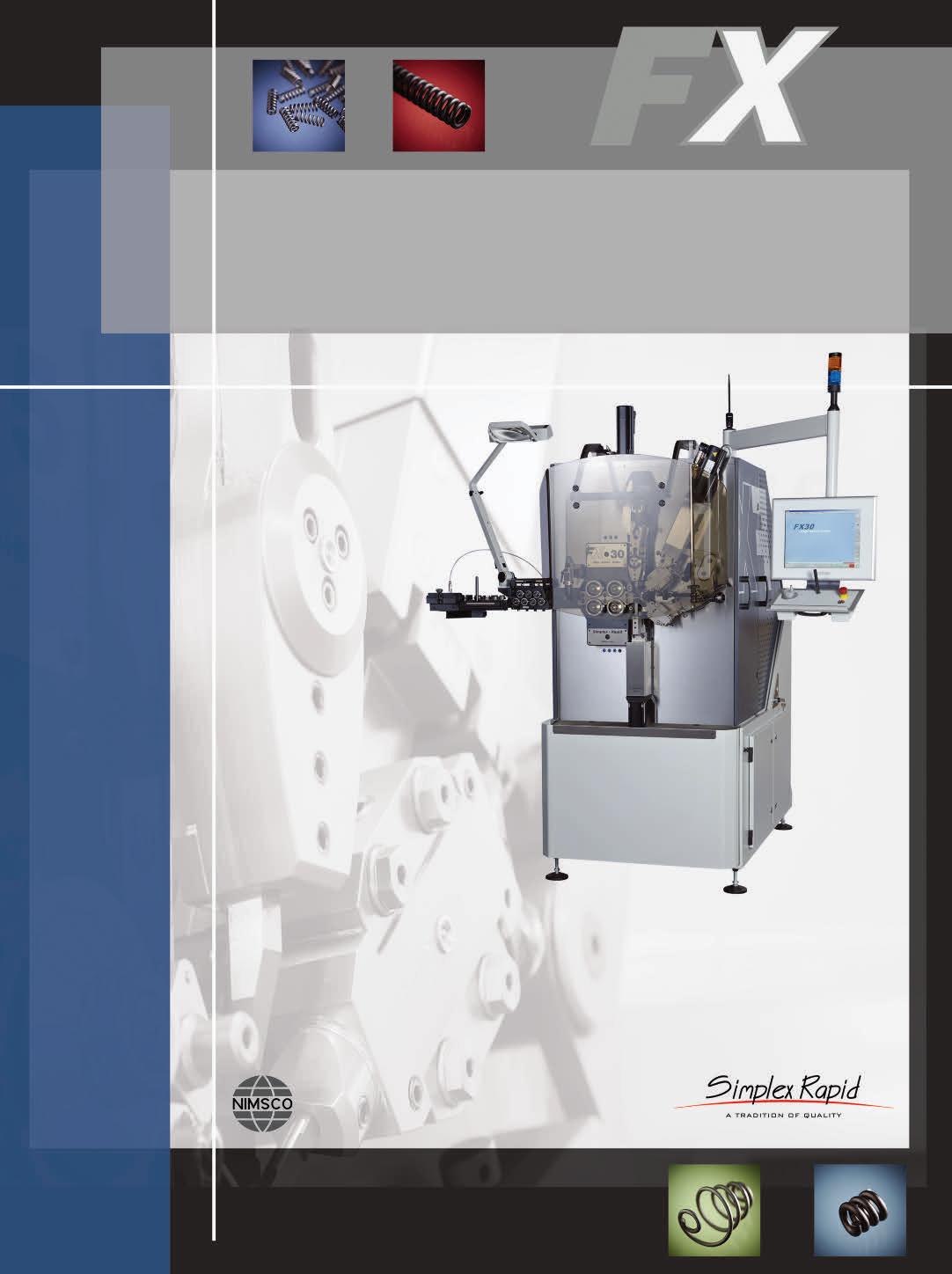
3 minute read
Book Corner
Reviewed by Gary McCoy
So often we find ourselves reacting to problems, putting out fires, dealing “ with emergencies. We should shift our attention to preventing them.” That quote from the author of “Upstream,” Dan
Heath, is a good summary of the book.
This sounds like a quote about COVID19, but this book was written before the pandemic hit. I don’t think the approach he advocates for in the book would have prevented the pandemic. In fairness, I’m not sure anyone could have anticipated COVID19 and how to successfully deal with it.
While I enjoyed this book and the more than 300 interviews the author conducted to source his material, I thought it fell short in its promise to solve problems before they happen. He gives numerous examples of ways people have applied simple concepts at upstream points to prevent downstream problems.
A lot of the anecdotes did not always connect with me. Some of the approaches didn’t necessarily solve the problem or prevent it ahead of time, but instead helped put a dent in it.
Living in the Chicago area for more 30 years, Heath cited the example of the
Chicago Public Schools (officially classified as City of Chicago School District #299), where graduation rates were once below 50 percent. He tells the story of a team that identified factors that eventually elevated the graduation rate to 65 percent. That’s quite an accomplishment, but it still means 35 percent did not graduate.
I agree with the author that having an
“upstream thinking” mindset can help prevent downstream problems. He cites three barriers to overcome: Problem blindness (I don’t see the problem or, it seems inevitable), lack of ownership (that’s not my problem to solve) and tunneling (I can’t deal with that right now).
He cites seven questions to ask yourself to move to an upstream position. 1) How will you unite the right people? 2) How will you change the system? 3) Where can you find a point of leverage? 4) How will you get early warning of the problem? 5) How will you know you’re succeeding? 6) How will you avoid doing harm? 7) Who will pay for what does not happen?
I was not familiar with Dan Heath before I read this book, but apparently he’s written several bestselling books with his brother, Chip. My quick scan of other reviews of “Upstream” showed that most people thought the book fell short and they enjoyed other books co-written by the brothers such as “Decisive,” “Switch,” and “Made to Stick.”
While “Upstream” fell short for me in its practical applications, it’s still a book that most will enjoy, and a deep dive into the authors seven questions will get you thinking about ways to solve problems before they start. n

Have a favorite business book you would like to tell us about or review? Send your suggestions to Springs managing editor Gary McCoy at gmccoy@fairwaycommunications.com.

PTC - Pretension Control INTERNATIONAL PATENT HIGH SPEED CNC COILERS
FX 5 Ø 0.10 - 0.80 FX 10 Ø 0.15 - 1.10 FX 15 Ø 0.25 - 1.50 FX 30 Ø 0.40 - 3.00
MILANO - ITALY NIMSCO LLC North American distributor 5115 B Tremont Ave. Davenport, IA 52807 Ph: 563-391-0400 Fax: 563-391-0403 i in nf fo o@ @n ni im ms sc co o. .c co om m











